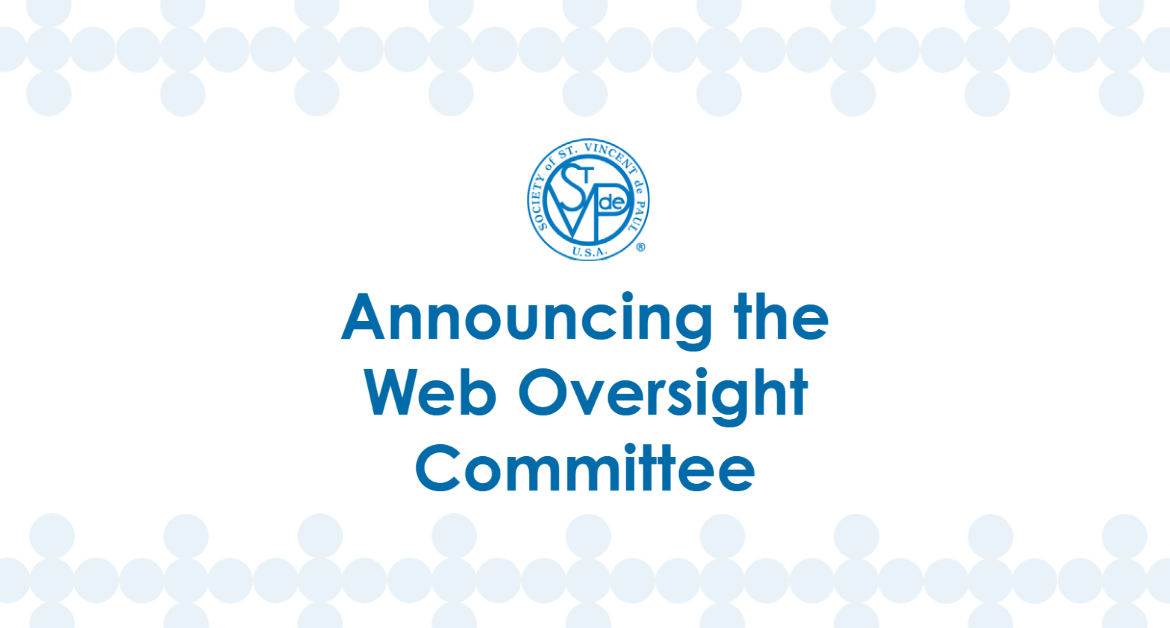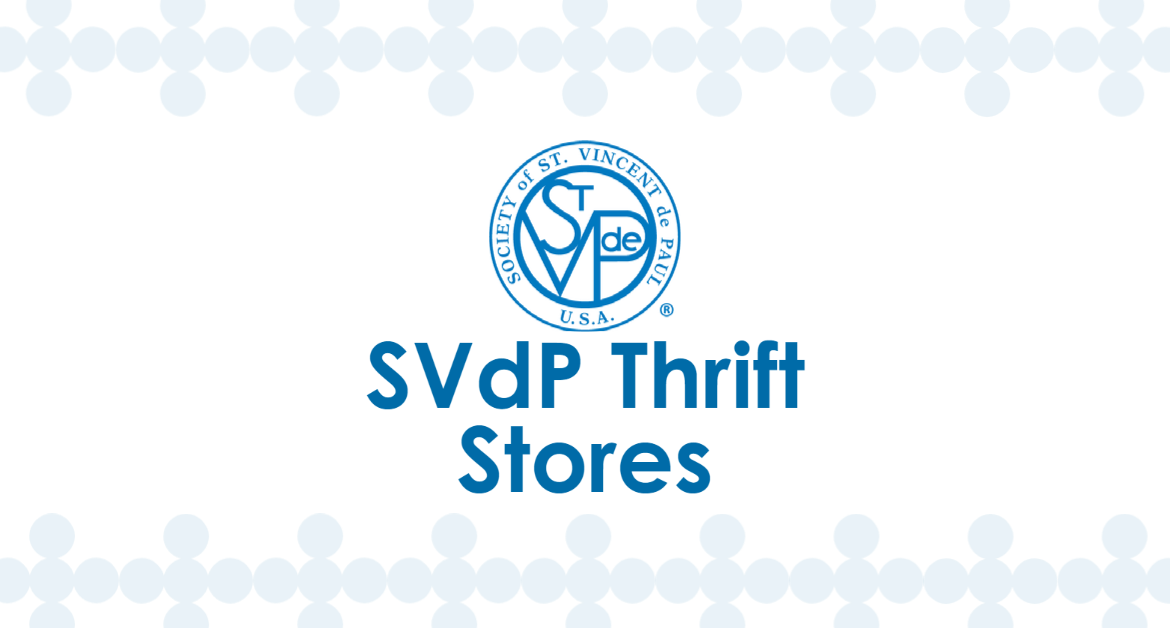Q: Next year the Diocesan Council will be billed for solidarity based on the number of active Conferences reported for the 10/1/2020-9/30/2021 fiscal year, when two absorbed Conferences were still active. Is the Diocesan Council responsible for absorbing the solidarity dues for these now inactive Conferences?
A: When the new method of solidarity calculation went into effect in 2013, it was a specific decision that the invoice would go to the Diocesan Council (or District Council if no Diocesan Council exists). It is up to each Diocesan Council to determine how the invoice will be paid. For example, some Councils pay the whole amount as support for their subsidiaries while others are reimbursed by their Conferences and Special Works. However, the full payment is expected to be paid by the Council even if the number of Conferences or Special Works has changed since the reporting period.
Q: We have a Conference president approaching the end of her second term, preparing a succession plan for the next election. No current member of this active Conference seems willing to step up to succeed her. If that does not change, what should happen with the Conference?
A: There are two choices; either elect someone from within or close the Conference. It is up to the Conference members to step forward and provide leadership for their Conference. A District Council president can temporarily appoint someone to be Conference president if no president is nominated before the current president term ends; but an election has to take place as soon as possible and within a reasonable time. The current president should NOT stay in office by either appointment or re-election.
Spanish Translation
P: El próximo año se facturará al Consejo Diocesano por solidaridad basado en el número de Conferencias activas informadas para el año fiscal 1/10/2020-30/9/2021. En ese momento, dos Conferencias absorbidas aún estaban activas. ¿Es el Consejo Diocesano el responsable de pagar las cuotas solidarias de estas Conferencias ahora inactivas?
R: Cuando el nuevo método de cálculo solidario entró en vigencia en 2013, fue una decisión específica que la factura iría al Consejo Diocesano (o al Consejo de Distrito si no existe ningún Consejo Diocesano). Es para cada Consejo Diocesano determinar cómo se pagará la factura. Por ejemplo, algunos Consejos pagan el monto total como un forma de apoyo a sus filiales mientras que otros son reembolsados por sus Conferencias y obras especiales. Sin embargo, se espera que el Consejo pague la factura completa incluso si el número de Conferencias u Obras Especiales ha cambiado desde el período del informe.
P: Tenemos a una presidenta de la Conferencia acercándose al final de su segundo mandato, preparando un plan de sucesión para las próximas elecciones. Ningún miembro actual de esta Conferencia activa parece dispuesto a dar un paso al frente para sucederle. Si eso no cambia, ¿qué debería pasar con la Conferencia?
R: Hay dos opciones; elegir a alguien de dentro o cerrar la Conferencia. Depende de los miembros de la Conferencia dar un paso adelante y proporcionar liderazgo para su Conferencia. Un presidente del Consejo de Distrito puede designar temporalmente a alguien para que sea presidente de la Conferencia si no se nombra a ningún presidente antes de que finalice el mandato del presidente actual; pero la elección tiene que pasar lo más pronto posible y dentro de un tiempo razonable. El presidente actual NO debe permanecer en el cargo ni por nombramiento ni por reelección.




